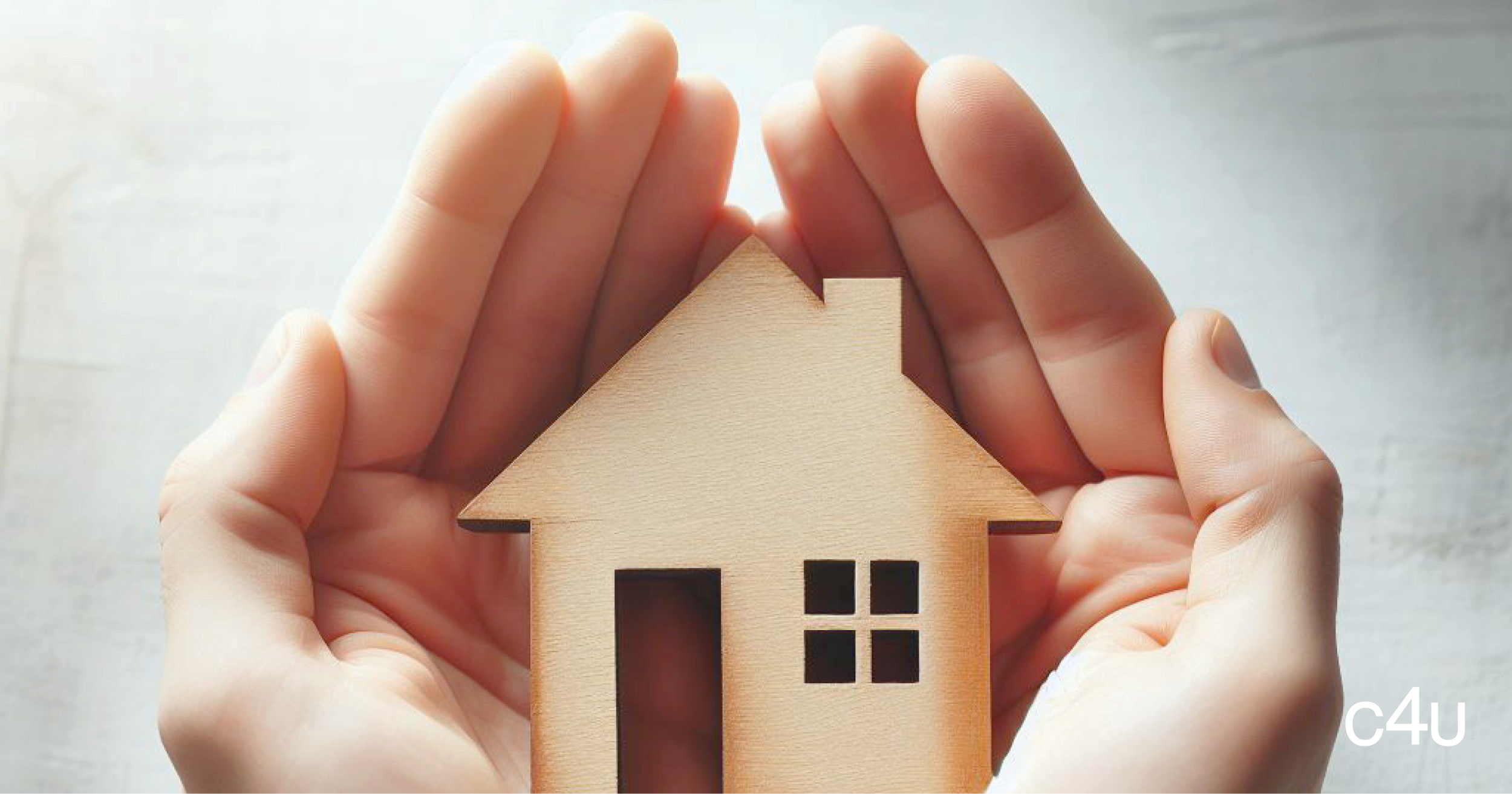
Your home should be a place of comfort and tranquility. After all, it is where you spend the majority of your time. However, lurking within your house are a number of dangers that could lead to potential accidents and even serious injuries. To keep your property a safe and healthy haven, you need to be aware of the risks and know how to prevent them. In this article, we’ll be discussing how to keep your home safe from fire, carbon monoxide, and other hazards.
Fires are one of the most devastating threats to any home. Every year, thousands of homes are damaged or destroyed by fire, and many lives are lost. The good news is that there are several things that you can do to prevent fires from starting in your home. For starters, you should make sure that all electrical wiring and appliances are in good working order. You should also avoid overloading electrical circuits and never leave cooking food unattended on the stove.
When it comes to smoke alarms, install them in each bedroom, in the hallway outside the bedrooms, and on each level of your home, including the basement (in line with the appropriate Provincial or Territorial and Federal Fire and Building Codes. Remember to test your smoke alarms every month to make sure that they are working properly, and replace any smoke alarm that is more than ten years old.
Carbon monoxide (CO) is an odorless, colorless gas that is produced by burning fossil fuels such as gas, oil, and coal. It is a silent killer that claims the lives of many people each year, so it's important to have a reliable CO detector in your home. You should install carbon monoxide alarms on each level of your home and outside sleeping areas and ensure that you test your carbon monoxide alarms every month to make sure that they are working properly . Replace any carbon monoxide alarm that is more than seven years old.
It is also important to have your heating equipment serviced regularly to ensure it is functioning properly and not producing dangerous amounts of CO, so have your heating system, water heater, and any other gas, oil, or coal-burning appliances serviced by a qualified technician every year. Lastly, keep vents and flues free of debris as debris can block ventilation lines, and never leave the motor running in a vehicle parked in an enclosed or partially enclosed space, such as a garage.
In addition to the risks mentioned above, it’s also important to consider physical safety. Keeping on top of simple home maintenance issues can go a long way to mitigate potential hazards.
Simple steps such as securing loose rugs, repairing broken stairs, and installing handrails can go a long way in preventing accidents in the home.
Lastly, keep your eye on the little details around your property that could cause problems. According to the Government of Canada:
Your home is your sanctuary, and as such, it is important to take steps to keep it safe. By following the tips we have discussed in this article, you can significantly reduce the risk of accidents and injuries in your home. Remember to always be proactive about safety, and let others know what measures you have taken to keep your home safe. With these tips in mind, you can enjoy a safer, more secure home, and greater peace of mind.
Visit c4u Inspections for advice on keeping your home safe and in good repair, or call us on 250-212-1963 to book a home inspection today!